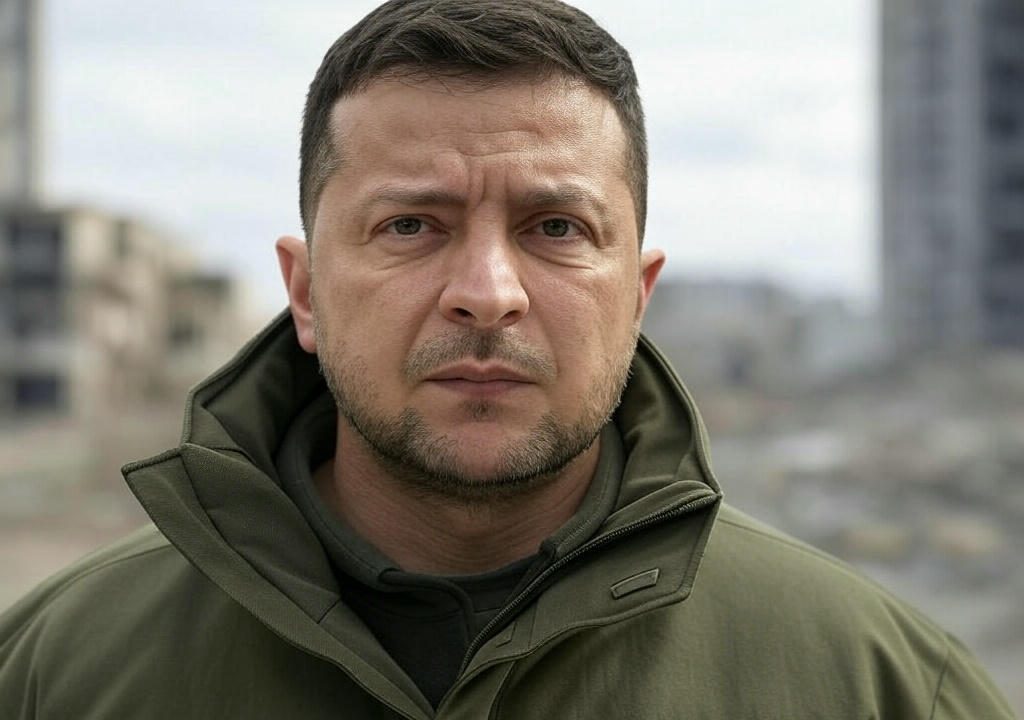The streets of London echoed with cheers as UK Prime Minister Keir Starmer extended a warm reception to Ukrainian President Volodymyr Zelenskyy on Saturday. This event came shortly after Zelenskyy’s recent discord with former US President Donald Trump. The two nations also announced a substantial £2.26 billion ($2.84 billion) loan arrangement to enhance Ukraine’s defense systems, funded by the proceeds from immobilized Russian sovereign assets.
Upon his arrival at Downing Street, Zelenskyy was warmly greeted by Starmer, who said, “You’re very, very welcome here.” The UK Prime Minister affirmed the nation’s unwavering support, stating, “You have full backing across the United Kingdom, and we stand with you with Ukraine for as long as it may take.” Zelenskyy expressed his gratitude to the UK for its steadfast support since the onset of the conflict.
A private meeting between the leaders lasted approximately 75 minutes, after which they publicly embraced before Zelenskyy departed. Meanwhile, Zelenskyy emphasized the significance of Trump’s endorsement for Ukraine, despite their recent disagreement, labeling it as vital.
The fallout raised concerns across Europe, where nations are adjusting to the shifting stance of the US regarding the conflict. Trump had criticized Zelenskyy, accusing him of being unprepared for peace negotiations with Russia. Germany’s Foreign Minister Annalena Baerbock remarked, “Yesterday evening underlined that a new age of infamy has begun.” European leaders, including Starmer and Polish Prime Minister Donald Tusk, reaffirmed their support for Kyiv amidst these tensions.
NATO leader Mark Rutte advised Zelenskyy on mending his ties with Trump. Meanwhile, Russian figures expressed approval of the conflict, with Dmitry Medvedev praising Trump’s handling of Zelenskyy.
Although the White House negotiations concerning Kyiv’s rare minerals concluded without an agreement, Zelenskyy maintained readiness to sign, viewing it as a preliminary security assurance.
Scheduled for Sunday are critical talks in the UK with European allies and Canadian Prime Minister Justin Trudeau, focusing on reinforcing defense collaborations in light of uncertainties about future US support for NATO. French President Emmanuel Macron has indicated willingness to discuss Europe’s nuclear deterrence capabilities independently of US reliance.
Germany’s potential future leader, Friedrich Merz, emphasized Europe’s need for defense autonomy. Hungarian Prime Minister Viktor Orban, aligned with Trump, resists any unified EU approach towards the conflict, advocating for direct negotiations with Russia.

